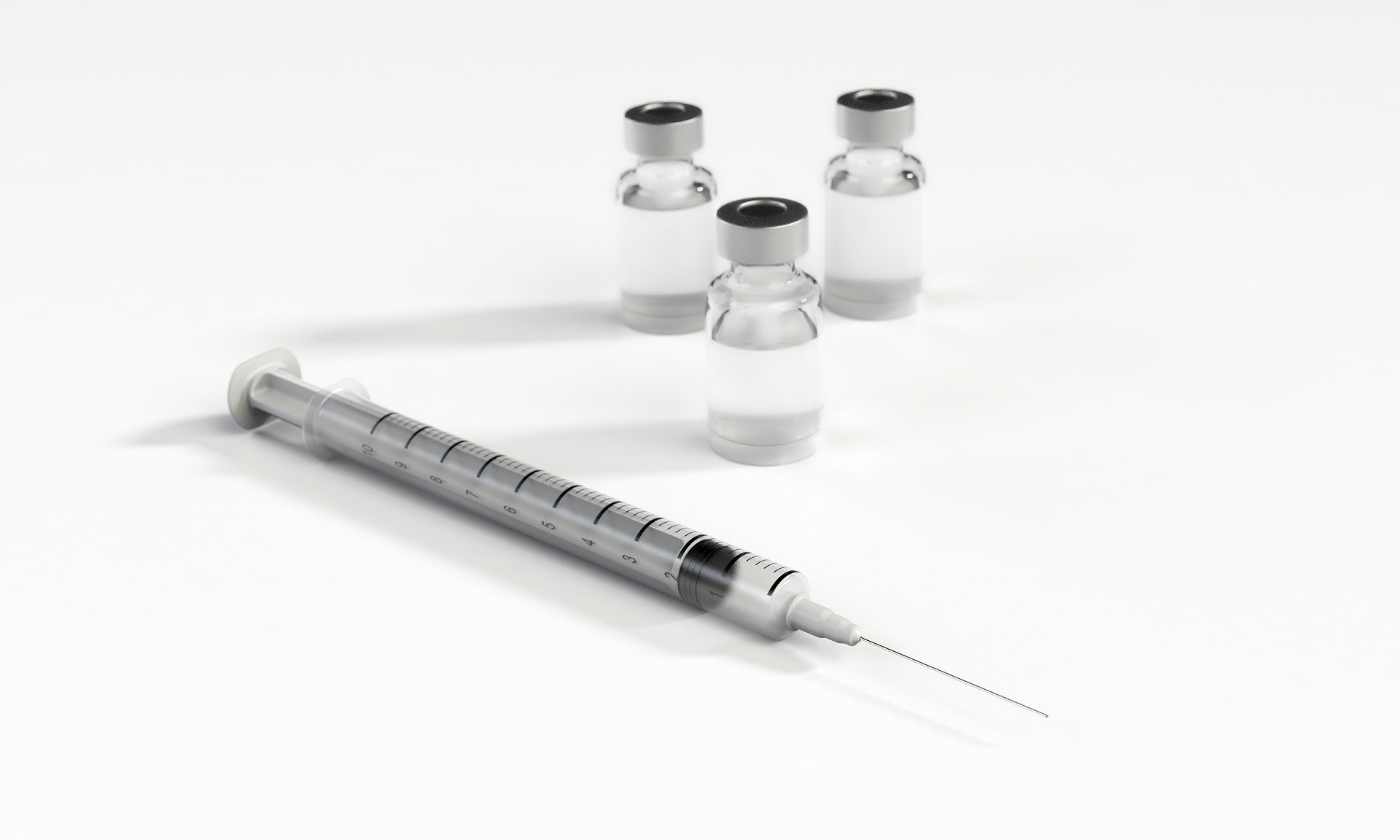The approval and distribution of coronavirus vaccines have given hope to people as it brings the world one step closer to ending the pandemic. Currently, two vaccines, Pfizer and Moderna, are being administered in the US. Both are highly effective and rarely cause serious side effects. However, some people may still be hesitant to get either one because of trypanophobia.
Trypanophobia refers to the fear of needles. Although the phobia may seem insignificant to some, research from the University of Michigan which is published in the Journal of Advanced Nursing shows twenty to thirty percent of young adults as well as twenty to fifty percent of children are scared of getting injections.
According to researchers, the fear develops differently depending on the age group. For instance, children are likely to be frightened due to the expected pain and discomfort that comes with injections.
For adults, evolutionary psychologists believe that it may be associated with prehistorical fear of puncture wounds which resulted in deadly infections or even death. As a result, some people may actually avoid getting fundamental vaccinations recommended by health experts.
The study from the University of Michigan reported that the fear of needles kept six percent of the adults, eighteen percent workers at care facilities, twenty-seven percent of hospital employees, and eight percent of healthcare workers from getting flu shots during the flu season each year.
These people may also display similar behaviors when it comes to getting a vaccination for coronavirus. So, while people are eager to get the vaccine in order to end the health crisis, those with trypanophobia may struggle to overcome their fear to stay safe from the virus.
Currently, the exact cause of the phobia is unclear. In some cases, it is linked with past experiences. Usually, people who have had a traumatic experience with injections in childhood grow up with a fear of needles.
Also Read: New Study Links Low-Carb Diets to Active Diabetes Remission
Others may not have a trigger at all including some of the healthcare workers who regularly administer vaccinations or injections. In either of the cases, counseling can make a big difference and is recommended by doctors to overcome the fear of needles.
Some of the options in counseling that can help are Cognitive behavioral therapy (CBT) and Exposure therapy. People who experience anxiety and related symptoms may also get a prescription for medication from doctors.
In addition, healthcare workers themselves also play a big role. Many have reported getting an injection despite having fear because of support and encouragement from the worker administering the injection.
Talking, playing music, and doing other things to distract the person while giving the injection is also helpful for people with trypanophobia.
Overall, there is also a need for more awareness regarding the fear of needles. In many of the studies and surveys, including the ones recently conducted for coronavirus vaccines, trypanophobia is not considered.
For example, the Kaiser Family Foundation survey from last month showed twenty-seven percent of Americans refused to get the coronavirus vaccine due to safety concerns, side effects, and political associations. However, fear of needles was not even counted.
Regardless of the current situation of the pandemic, the fear may keep many from getting the vaccine, which is why it should be a cause of concern and needs more attention.


